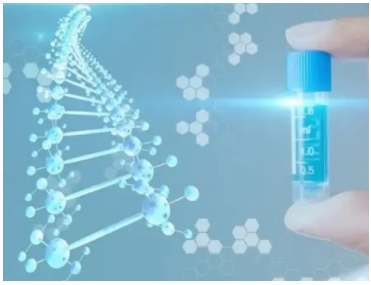In terms of the characteristics of peptide drugs, compared with monoclonal antibody drugs, recombinant protein drugs and small molecule drugs, peptide drugs have the advantages of simple spatial structure, obvious effect, high safety factor, wide application range and controllable quality. Therefore, the development prospects of peptide drugs in various diseases are very broad. Many peptide drugs have become varieties with an annual increase of hundreds of millions of dollars only a year or two after being listed. In 2016, there were 6 peptide drugs with annual sales of more than $1 billion in the world. The most representative peptide drug insulin is a popular category.
At present, 85% of the international peptide market focuses on the treatment of chronic diseases such as cancer and diabetes, and rescue and treatment adjuvant drugs account for about 15%. More than 40 peptide drugs have been marketed in China, mainly in seven fields, such as immunity, digestive system, anti-tumor, orthopedics, obstetrics, diabetes and cardiovascular diseases.
Peptide drugs open up a new opportunity in the field of anti-infection
However, the traditional antibiotics account for 90% of the 350 billion anti-infective level, and the use of peptide drugs is almost blank. Some antimicrobial peptide varieties with PL-5 as the core are still in the clinical stage. It is understood that by 2020, a total of 4256 natural peptides and 593 synthetic peptides in the world can be indexed in the database. There are more than 500 corresponding patents in force worldwide. Currently, a total of more than 70 antimicrobial peptides are used as drug candidates, of which 34 are in pre-clinical stage and 27 are in clinical stage. The application scope mainly includes Gram-positive bacterial infection, diabetic foot ulcer, postoperative fibrosis, leg ulcer, burn infection, etc.
The clinical development and application of peptide drugs in anti-infection will also open a new opportunity in the global anti-infection.
Post time: Jan-23-2024

